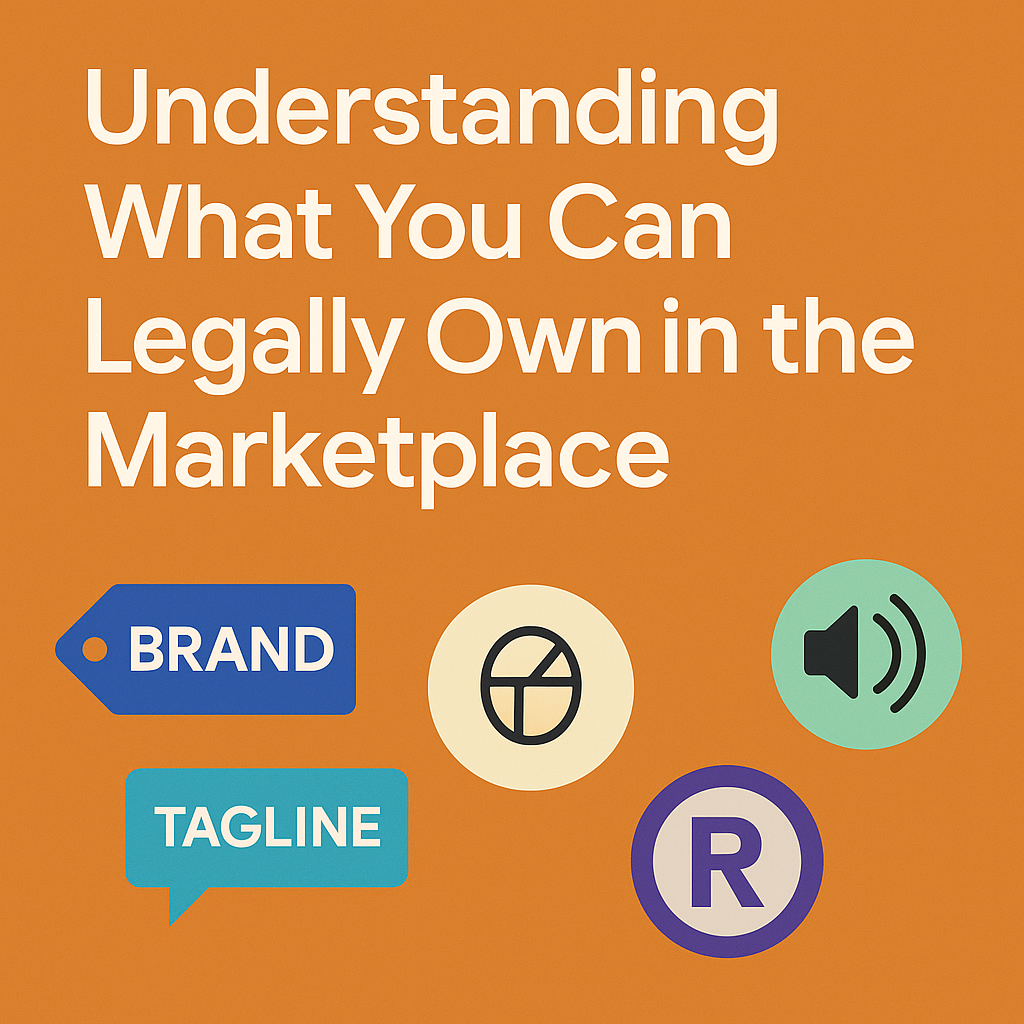Can I Trademark Anything? A Deep Dive into What You Can and Can’t Protect

Understanding What You Can Legally Own in the Marketplace In today’s fast-paced and competitive market, your brand is your biggest asset . It’s how customers remember you, talk about you, and choose your products. But can you trademark anything ? Not quite. Many businesses think they can slap a ™ on any word or design and call it theirs—but trademark law doesn’t work that way. This guide explains what you can—and can’t—trademark , and how to choose brand assets that are actually protectable under Indian law (and globally). What Is a Trademark? A trademark is a legally protected word, name, logo, sound, color, or design that uniquely identifies the source of goods or services . Key Benefits of a Trademark: Protects your brand from imitation Builds customer trust and loyalty Adds legal credibility and value to your business Creates a unique identity in the market What Can Be Trademarked? To be eligible, a mark must be distinctive , not generic , and not misle...


